
Islam Alijaj: the Swiss politician preparing for a ‘disability revolution’
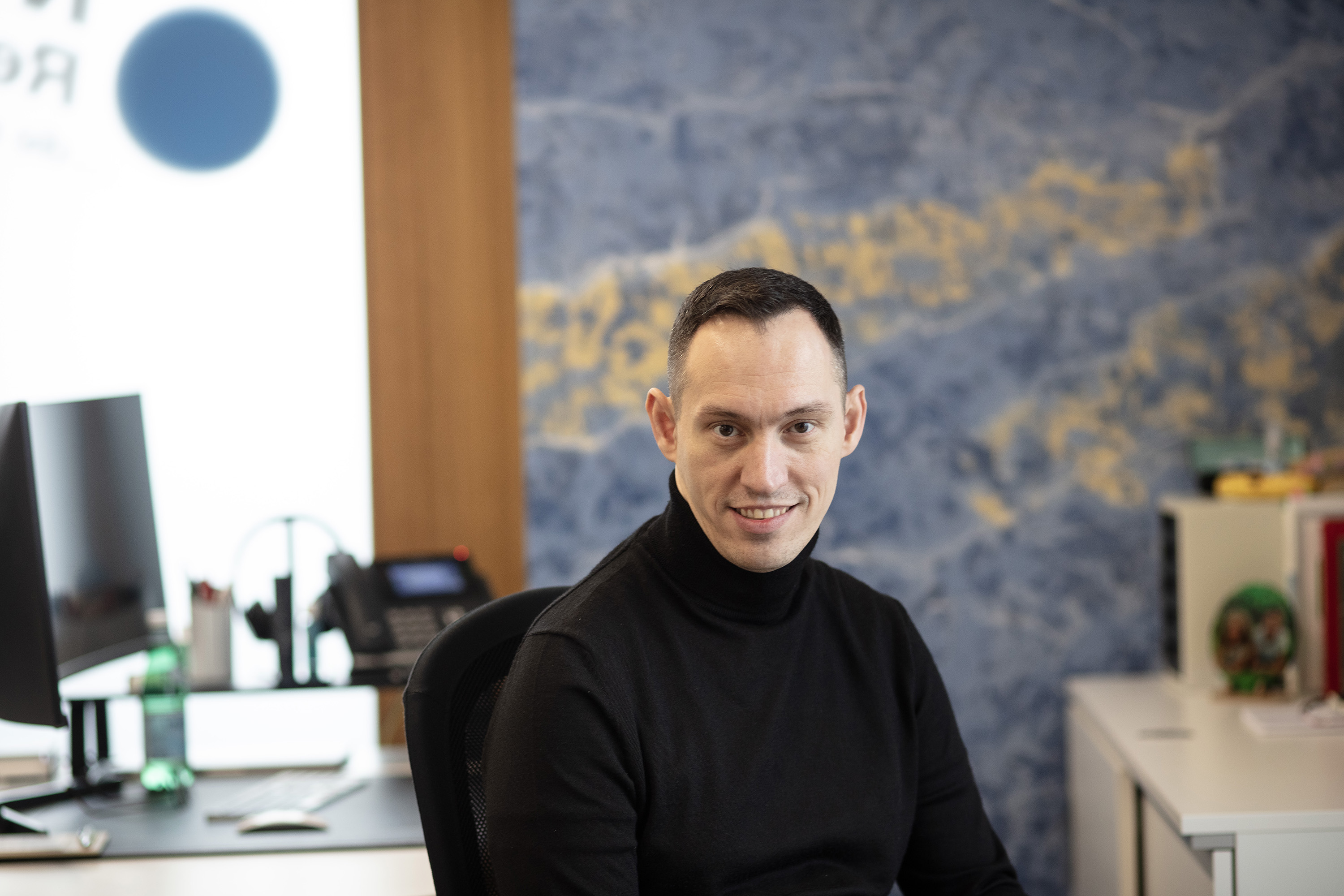
Islam Alijaj, who has cerebral palsy, is the first person of Albanian heritage to be elected to the Swiss parliament. The Zurich-based Social Democrat ran on the apt campaign slogan, “Making history”.
New parliamentarian Islam Alijaj is in a hurry. “It was always clear to me that if I were elected, I mustn’t waste any time,” he says.
His pace is a little different from the norm, as new members of the House of Representatives usually take things slowly at the start. But Alijaj, whose disability does not allow him to speak as quickly as he thinks, has already submitted a proposal and put a few questions to the government since being sworn in last December. All of these interventions relate to the Disability Equality Act, which regulates access to public transport and buildings as well as the job market.
Alijaj believes that the freedom of people with disabilities is not only restricted by their physical limitations but also by societies that erect barriers to it. Whether in the field of education, defence or finance, Alijaj believes that access for the disabled must be included in all spheres of life.
Swiss Abroad with disabilities
He also sees room for improvement when it comes to disability policies for Swiss emigrants, even though they can still claim their regular disability pension while living abroad. “But they lose any additional disability benefits as well as their supplementary benefits and special care allowance,” he says, “not to mention their assistance allowance.”
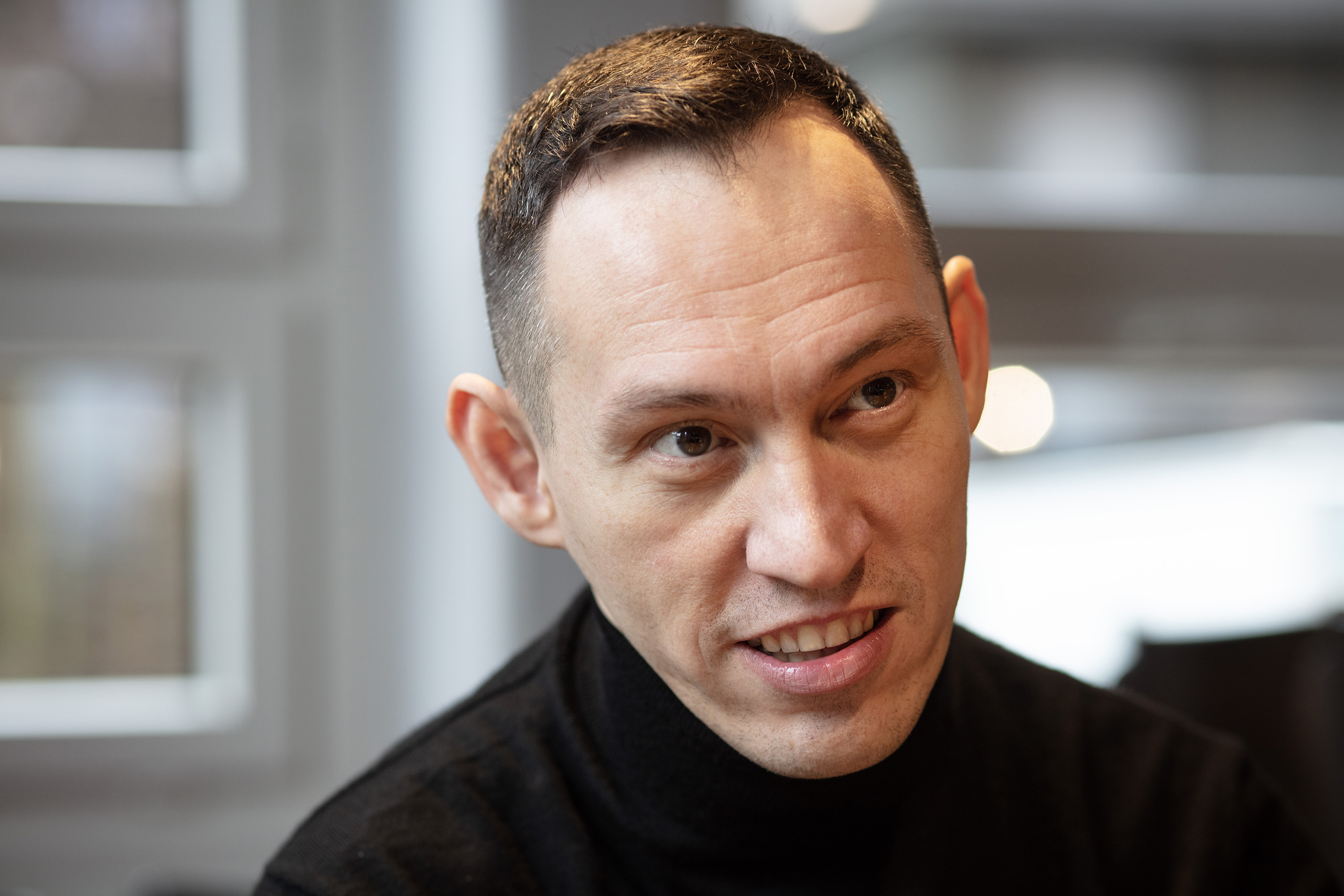
Alijaj himself would never emigrate: “In Zurich, I sometimes forget that I am disabled.” He can’t even imagine moving to another part of town and considers growing up in Zurich his salvation. “The city is cosmopolitan on the one hand and business-oriented on the other,” he says. “Both attributes have been good for me.”
First Swiss parliamentarian of Albanian descent
Had Alijaj grown up in rural Switzerland or Kosovo, where he was born, he would not be the person he is today. “When I am in Kosovo, I feel very disabled,” he says.
After the federal election last October, Kosovo’s prime minister, Albin Kurti, sent him a congratulatory message on X (formerly Twitter). Alijaj says he’s proud to be the first person to represent the Albanian diaspora in the Swiss parliament. Nevertheless, he won’t hesitate to criticise Kosovo’s disability-inclusion policies when Kurti eventually invites him for his first official visit.
When it comes to Switzerland’s inclusion policies, he does not hold back either. “Disabled people’s viewpoints are always forgotten, even by left-wing politicians,” says Alijaj, a left-wing politician himself.
Last October, Swiss voters chose 56 new representatives to join the federal parliament in Bern. The Swiss People’s Party, the Centre Party, and the Social Democratic Party made the biggest gains in the 2023 election and sent the greatest number of new faces to parliament. The Green Party, on the other hand, suffered heavy losses and sent no new representatives to Bern.
In this series SWI swissinfo.ch profiles some of these new parliamentarians as they take their first steps in federal politics.
‘Revolution of the disabled’
For years, he has been “chipping away” at the barriers to disabled access. Every statement, proposal and appearance he makes aims to reduce these barriers and create a society where people with disabilities are treated equally.
“I became a parliamentarian to kickstart a revolution of the disabled,” he says. “People with disabilities have a lot of built-up anger that finally found an outlet last year.”
He is one of three representatives with disabilities newly elected to parliament. Altogether, 44 people with disabilities gathered to draft a resolution at a first-ever House session on disabilities. In fact, if 44 of the 200 representatives in the House had disabilities, it would mirror the percentage of people with disabilities living in Switzerland (22%).
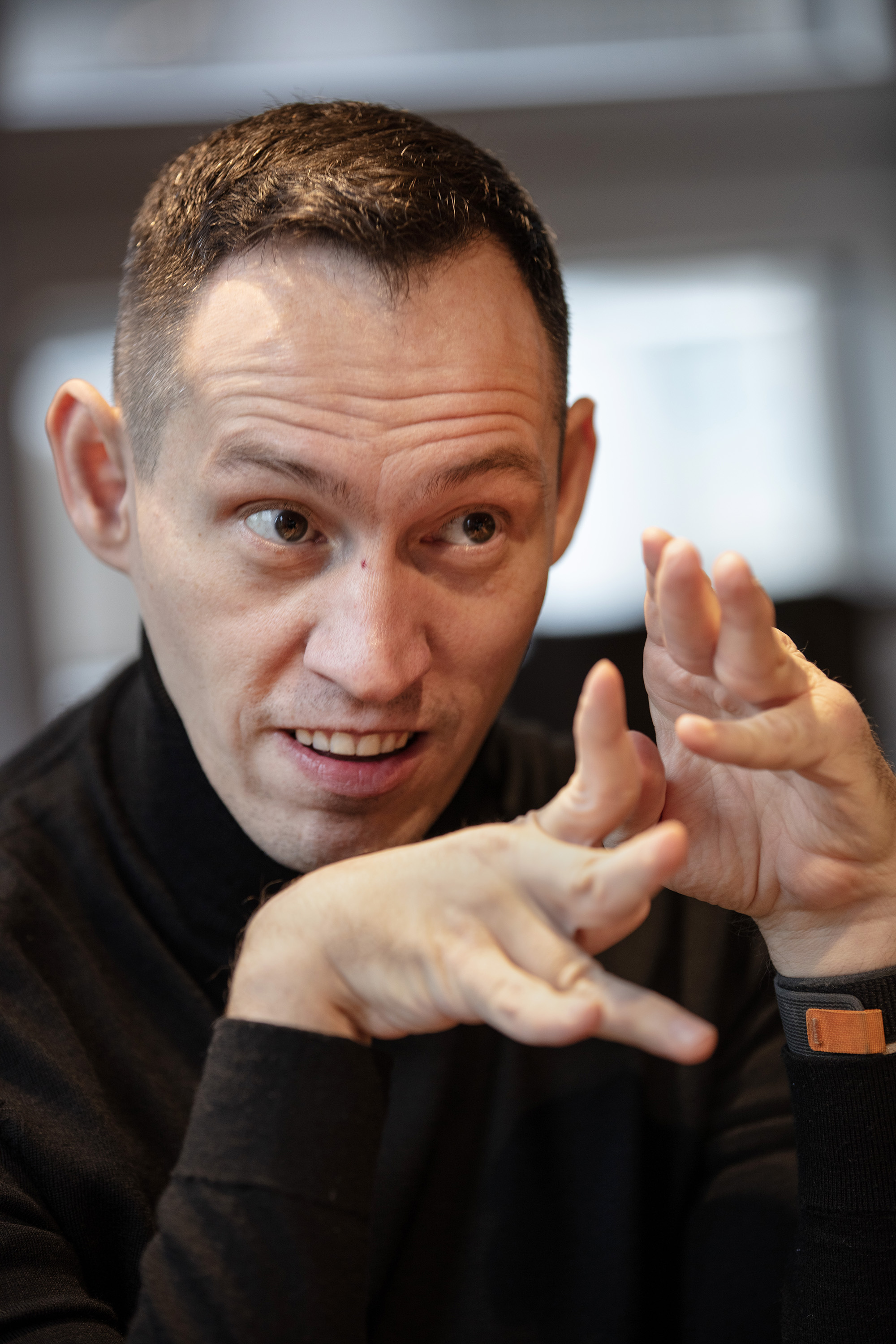
People with disabilities are directing some of their anger at the Swiss Federal Railways, which has had 20 years to make bus and train stations more accessible.
“Swiss Federal Railways were sound asleep for ten of those 20 years,” says Alijaj. When the deadline came on January 1, 2024, only 60% of railway stations had been made barrier-free. At the end of January, people with disabilities protested in front of the Federal Railways headquarters. Alijaj expects this to be the first of many protests as the anger remains.
Steve Jobs as role model
Alijaj does not get tangled up in individual parliamentary affairs. He does not care that his first proposal, which calls for better disability access, is being given little chance of success. He thinks big, just like Steve Jobs. The late founder of the Silicon Valley-based tech giant Apple is his role model. If 37-year-old Alijaj were an ordinary young parliamentarian, wanting to be like Jobs would be a pipe dream.

More
Swiss citizens with disabilities push for political rights
But Alijaj’s story is different. It’s the story of someone who has always been underestimated, be it at the special needs school he attended or in the assembly of the Social Democrats who select the candidates running for parliament. It is the story of a man who has never given up on his vision of “Making history”.
Going big in his election campaign
Alijaj’s election campaign poster featured his head tearing a hole through a red sheet of paper. The right-wing magazine Die Weltwoche, which for years has warned against the supposed “Islamisation” of Switzerland, reproduced it with the slogan, “Islam in the House of Representatives”. A well-known advertiser footed the CHF20,000 bill ($22,600) for the ad.
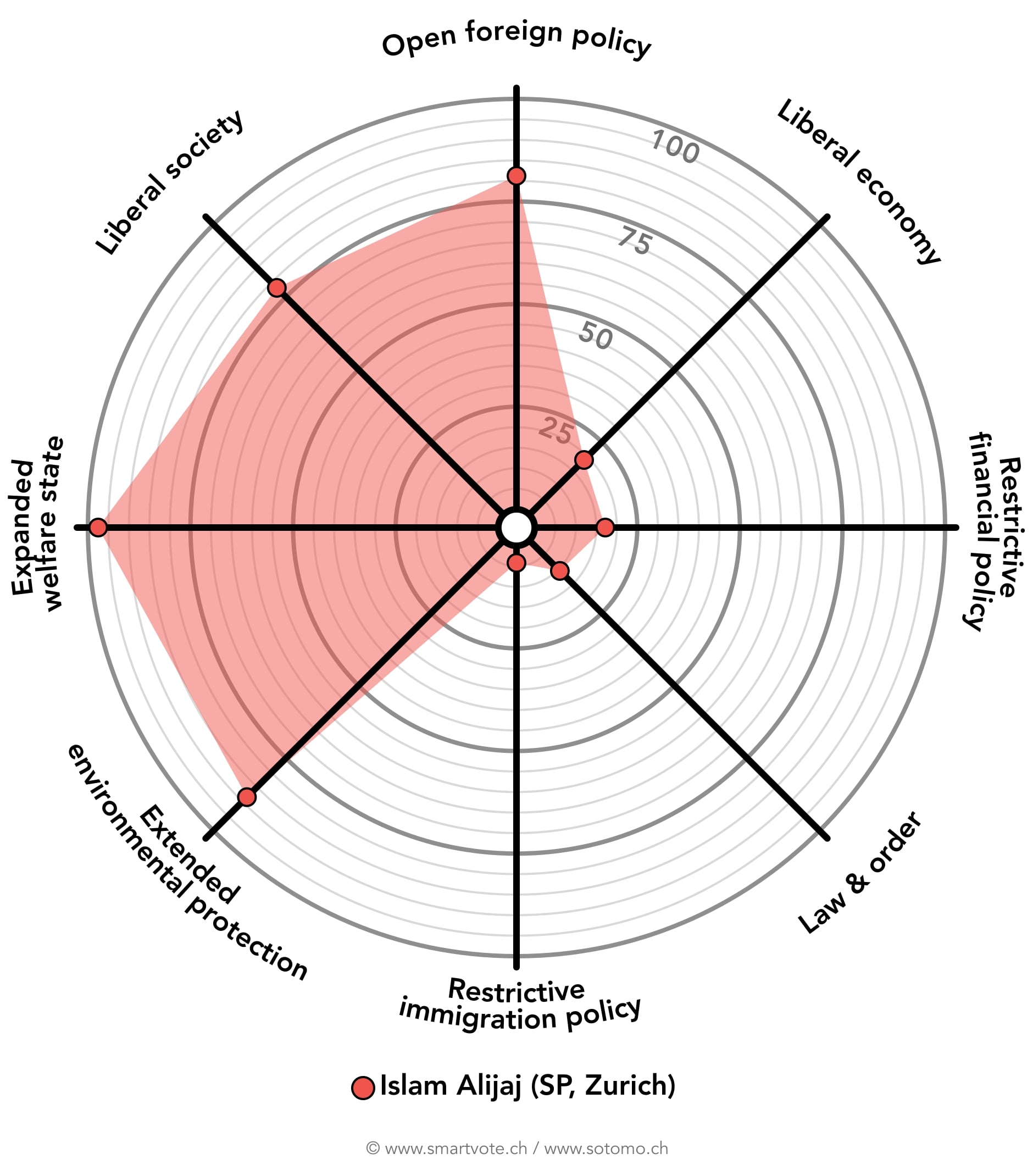
David Wember, head of campaign at the long-established Farner advertising agency, developed the concept for Alijaj’s election campaign. At around CHF200,000, it was the most expensive campaign of all the candidates of the Social Democratic Party.
The largest individual campaign funds came from the Alijaj family business and Pro Infirmis, the umbrella organisation for people with disabilities. Another CHF70,000 came from individual sponsors. But Alijaj’s supporters did much more than just transfer money. He talks about a network of “hundreds of people” who distributed flyers and put up posters for his campaign.
Wember, whom Alijaj calls “the brains behind my election campaign”, explains that professionals never talk about strategy but about logistics. Alijaj is a professional. This is clear from his broad understanding of the “disability revolution” and his role in it. It’s also evident in his rhetoric.
His assistant Gloria Fischer repeats everything he says word for word, in the first person, loudly and clearly. Alijaj chooses his words wisely and knows how to use rhetorical tricks.
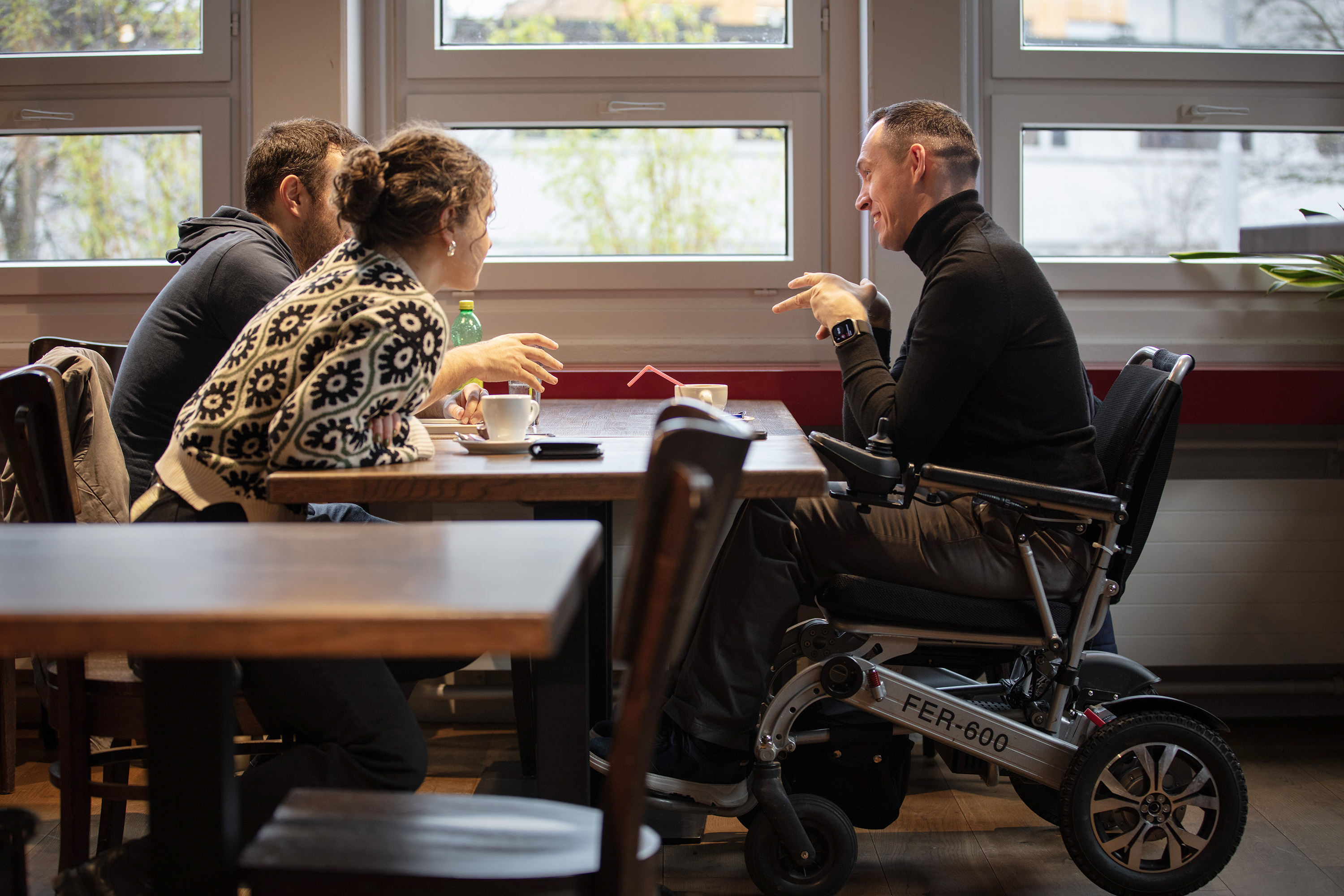
Alijaj probably has a point when he says that electing a Muslim with Islam as a first name is not an option in a country that has a ban on building minarets. But the big project that is close to his heart is to “chip away” at the barriers to access for people with disabilities.
The inclusion initiative, which was launched in April 2023, is a step in the right direction. It does not call for protection against discrimination but for true equality for people with disabilities, such as removing obstacles so they can freely choose where to live and work. Alijaj says the initiative was his idea. He sits on the initiative committee, which brings together left- and right-wing politicians.
‘Bogus invalids’
One of the politicians on the committee is Rémy Wyssmann of the right-wing Swiss People’s Party. He praises Alijaj, a Social Democrat, for keeping his promises, handling “entrusted tax and contribution money” carefully and being one of the few “politicians from the left-wing or pro-government spectrum” who understand the concerns of small companies.

More
How Swiss parties court the Kosovar diaspora
Wyssmann attributes this to Alijaj’s background. His family runs a cleaning business that employs around 30 people.
“He has no fear of reaching out to people,” says Wyssmann. “He is down to earth, direct and doesn’t have his head in the clouds.”
Alijaj may be a Social Democrat, but his brothers support the centre-right Radical-Liberals. He says that in parliament and beyond, he can work well with centre-right politicians, and even with members of the People’s Party.
But during the revision of the invalidity insurance scheme 20 years ago, a People’s Party campaign “ruined everything” when it coined the phrase “bogus invalids”. “If more disabled people had been politically active, such a campaign wouldn’t have been possible,” he says. Such rhetoric is not possible if politicians have to look at people with disabilities in the eye.
“During debates on the inclusion initiative, members of the Swiss People’s Party would never say to our faces that we are a financial burden, like they used to,” he says. “This will never happen.”
People with disabilities were not taken seriously for a long time. Alijaj also blames the campaigns run by disability organisations that relied on pity. Hence, his election campaign focused “on strength from start to finish”.

More
The Swiss politician who learnt to live with the effects of thalidomide
An atypical social democrat
Alijaj can work with any political camp, but he can also upset them. From a businessperson’s perspective, he believes that more emphasis should be placed on vocational training. “We can’t all be academics, and we don’t need so many researchers,” he says. When people say to him, “You don’t usually hear that from social democrats,” Alijaj smiles.
He will probably continue to say a lot of things which are unusual for a social democrat. “That’s what makes me special,” he says. “I am authentic.”
Edited by David Eugster. Adapted from German by Billi Bierling/gw
Do you want to read our weekly top stories? Subscribe here.

More
Kosovo in Switzerland, Switzerland in Kosovo

In compliance with the JTI standards
More: SWI swissinfo.ch certified by the Journalism Trust Initiative


























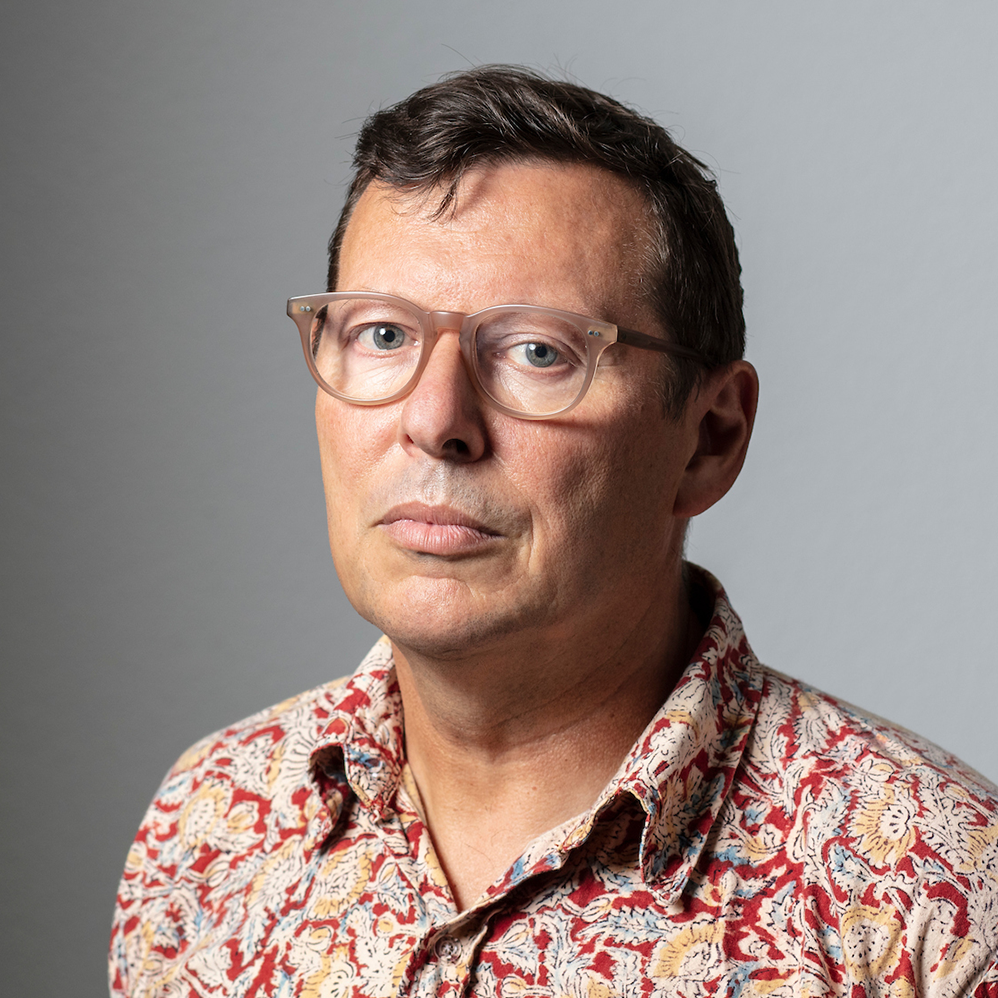
You can find an overview of ongoing debates with our journalists here . Please join us!
If you want to start a conversation about a topic raised in this article or want to report factual errors, email us at english@swissinfo.ch.